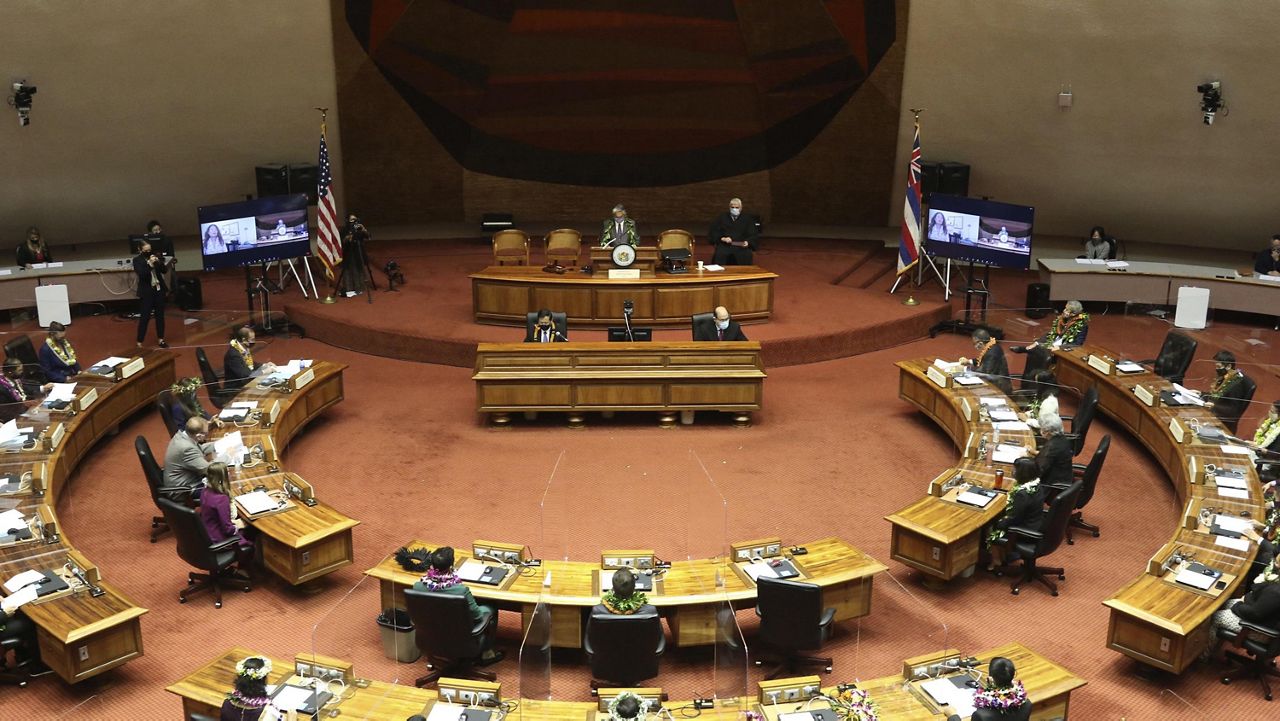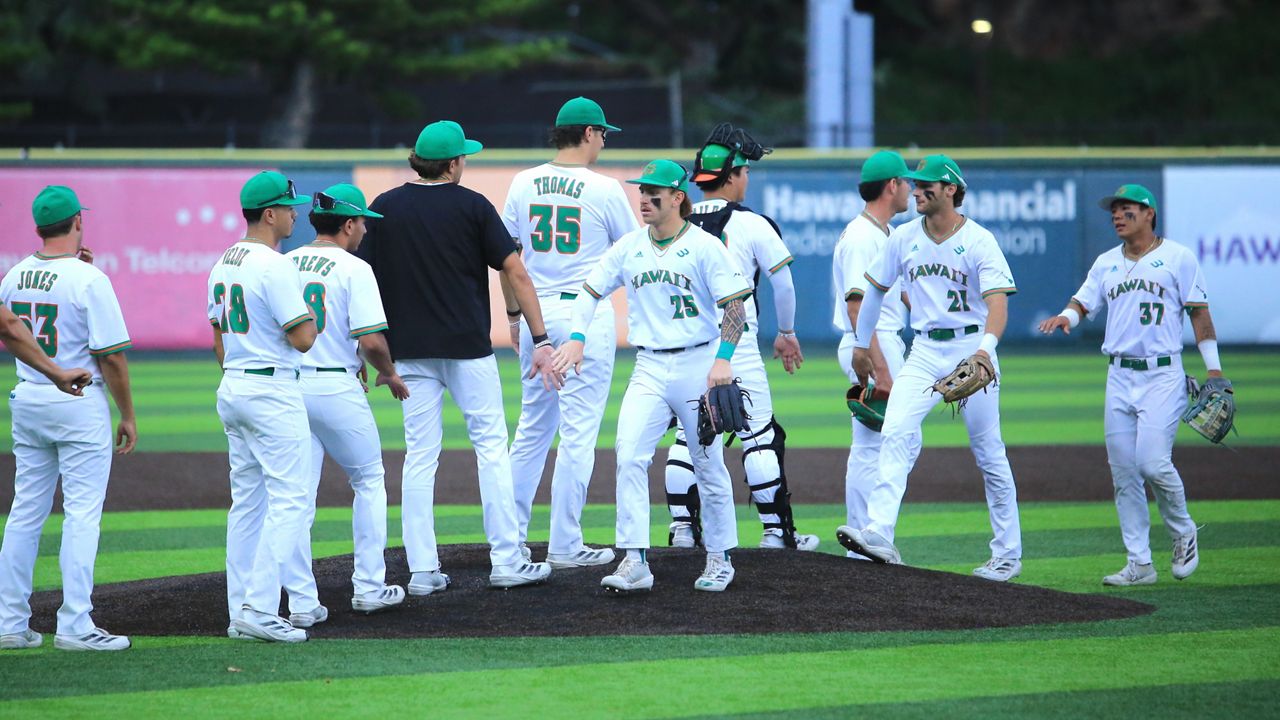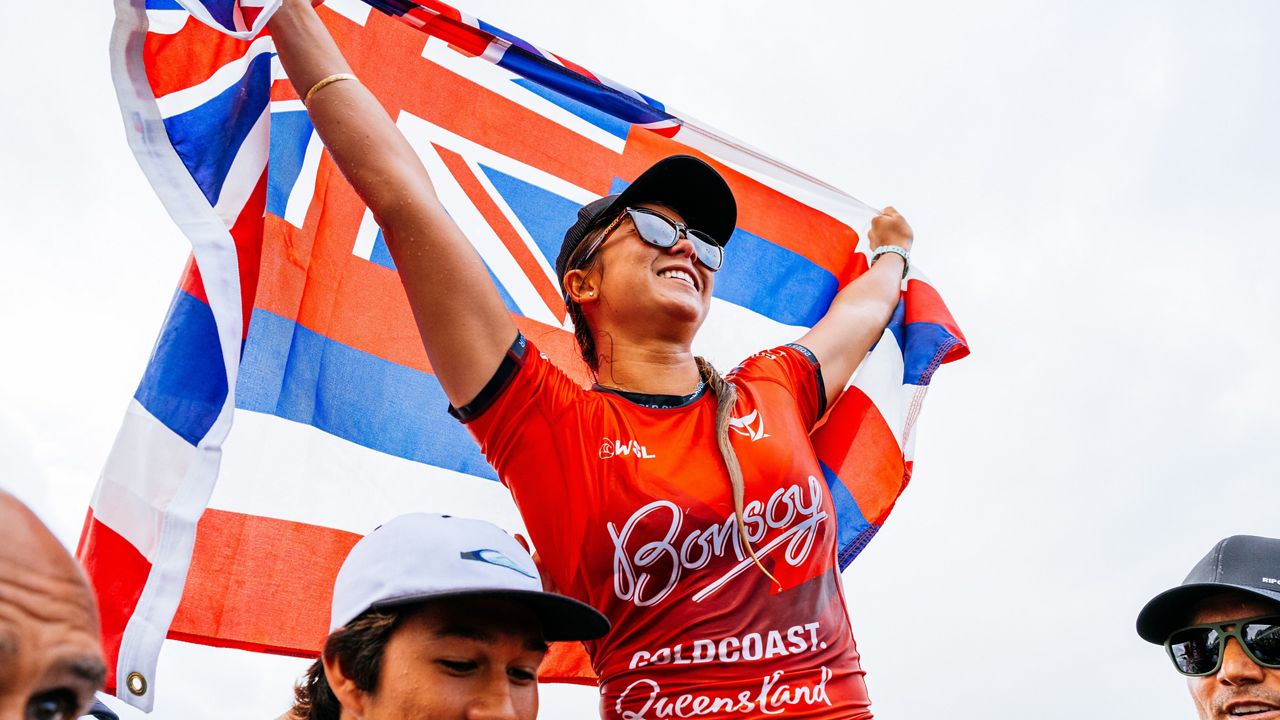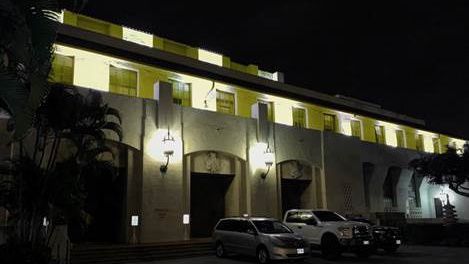A bill heralded by its advocates as a practical and necessary last step in restoring Native Hawaiian funeral traditions by allowing so-called water cremation is making its way through the state House of Representatives.
SB 1894 was unanimously recommended for passage by the House Committee on Health, Human Services and Homelessness on Tuesday.
The process, also called alkaline hydrolysis or aquamation, involves the use of a heated water-based solution containing 5% potassium hydroxide to accelerate the decomposition of human remains in a way that leaves only clean bones, sterilized wastewater and prosthetics or other medical hardware the body may have contained.
“Alkaline hydrolysis is the natural process a body undergoes after burial, which can take up to 25 years,” said Kawehionapua Correa, president of Aloha Mortuary. “Green cremation essentially accelerates this natural process to two to three hours in a very quiet, controlled environment.”
Hawaiian cultural practitioners say the practice is consistent with ancient Hawaiian funeral traditions in which human remains were steamed in imu (underground ovens) dug near the ocean, allowing intact iwi (bones) to be removed for private family disposition and other remains to be disposed of in the ocean.
Correa said that to accommodate traditional Hawaiian burial, the water cremation process can be halted to remove sterilized long bones before they degrade and return them to family for traditional ceremony and burial.
Water cremation is promoted as better for the environment than traditional cremation because it eliminates chemical emissions like mercury or polycarbons released by burning, uses less energy and leaves a significantly smaller carbon footprint. It also destroys pathogens, which supporters say can protect public health should another pandemic develop.
Dean Fisher, funeral director of Minnesota-based crematory Fisher and Associates and an adviser to Aloha Mortuary, said water cremation destroys pathogens 60,000 times greater than the Centers for Disease Control guidelines for sterilizing medical and dental instruments.
Water cremation is allowed in 21 states and is widely used in the disposal of deceased pets and laboratory animals.
“All these years, funeral processes licensed in Hawaii only provided for Asian and Christian burial practices,” said former state senator and Hawaiian Civic Clubs member Pohai Ryan. “It’s time for a change. It’s time for Hawaii to have the benefit of technology that serves not only Hawaiian cultural needs but those of our public, medical researchers and those who are preparing for the possibility of another global pandemic in Hawaii.”
As Hilo physician Alin “Pono” Ledford said in relation to fears of contamination during the COVID-19 pandemic, “this is technology we needed two years ago.”
In 2012, the Hawaiian Civic Clubs unsuccessfully pushed legislation that would have allowed for traditional Hawaiian funeral practices. In 2015, the Legislature passed an amendment to the Hawaii Revises Statutes that decriminalized traditional Hawaiian means of cremating remains and retrieving iwi (which previously could have constituted abuse of a corpse).
However, as Ryan noted in written testimony to the House Committee on Health, Human Services and Homelessness, the 2015 measure did not actually “facilitate” traditional Hawaii preparation of remains by actively legalizing an option other than traditional burial or cremation.
HB1894 would thus provide a legal method for Native Hawaiians to attend to their departed and keep iwi, considered sacred, physically intact.
“This process answers the only relevant question arising from the bill Gov. Ige signed over six years ago,” said Kenneth Ordenstein, a fifth-generation funeral service provider and owner of Ken Ordenstein Funerals. “Water cremation answers the question and provides a clean and green choice to care for our dead whether Hawaiian or not.”
A version of the bill, HB 1602, was introduced last session but died amid opposition from local mortuaries affiliated with Service Corporation International, a Houston-based corporation that operates some 1,500 mortuaries, cremation facilities and cemeteries in 43 states.
“I was saddened to see a large funeral corporation stand in opposition to this environmentally friendly technology,” said Steven Labrash, director of the Willed Body Program at the University of Hawaii’s John A. Burns School of Medicine. "There is no more environmentally friendly technology available today than alkaline hydrolysis for human disposition. The corporation’s position is reminiscent of the opposition the funeral industry had when the first public crematories were brought into existence over 100 years ago.”
Labrash said water cremation would benefit his program, which oversees the donation and handling of human remains for medical education, both ethically and financially.
So far this session there has been no direct opposition to HB 1894 although the Hawaii Funeral and Cemetery Association, comprised of members representing 14 mortuaries and 10 cemeteries in Hawaii, raised several issues in comments shared with the committee, including the amount of water used in the process (approximately 300 gallons per cremation), the record of environmentally safe burial and traditional cremation, and the higher cost of water cremation.
HFCA declined to take a position on the bill but advised that regulatory oversight should be required.
But which agency should provide such oversight is unclear, a point taken up by Rep. Sharon Har in Tuesday’s hearing.
In its current form, the bill places hydrolysis facilities under the purview of the Department of Commerce and Consumer Affairs. However, DCCA director Catherine Awakuni Colon testified that her department is not equipped to provide regulatory oversight of such operations.
“The department’s familiarity with cemetery operations is focused on the consumer protection aspects of ensuring that a cemetery handles consumer funds appropriately and makes price disclosures to consumers incident to the sale of goods and services,” she testified. “As such, the department is ill-suited to establish licensing requirements for hydrolysis facilities and does not support the reference to the department in Section 2 of the bill.”
Aloha Mortuary’s Correira said water cremation should be regulated in a similar fashion to traditional cremation.
Among those offering individual testimony in support of the bill were OHA trustees Carmen Hulu Lindsey and Luana Alapa, attorney and Na Koa Ikaika o Ka Lahui Hawaii founder Mililani Trask, former chair of the Oahu Island Burial Council Hinaleimoana Wong-Kalu, and former State Historic Preservation Division chair Phyllis Coochie Cayan.









